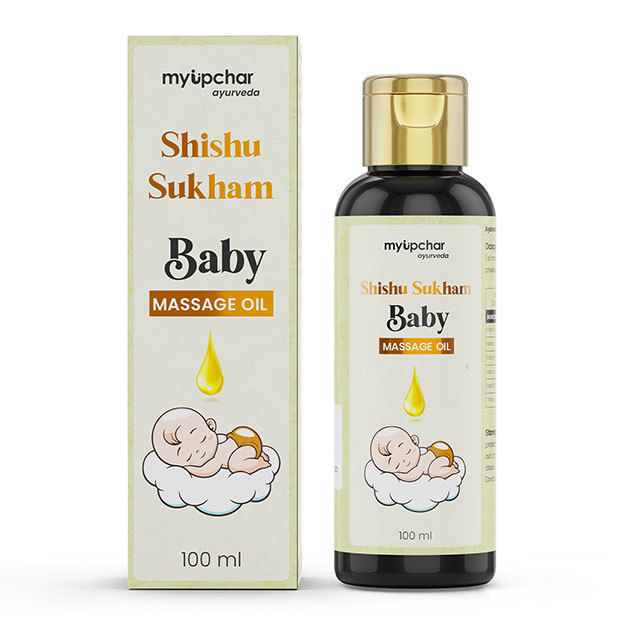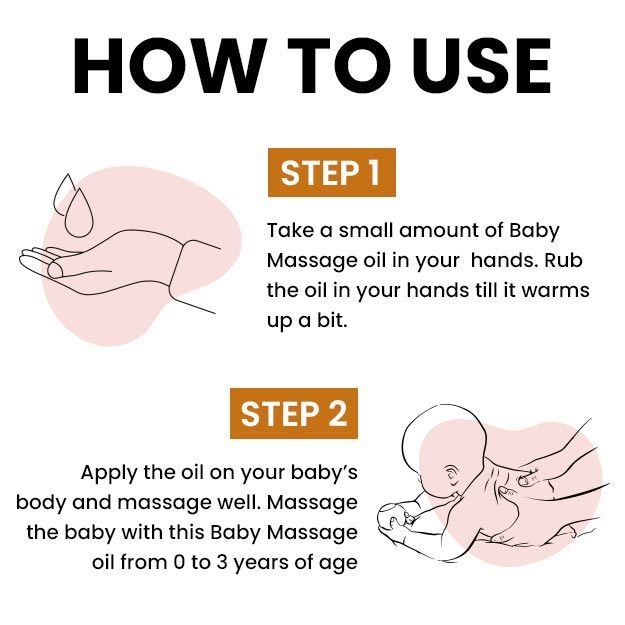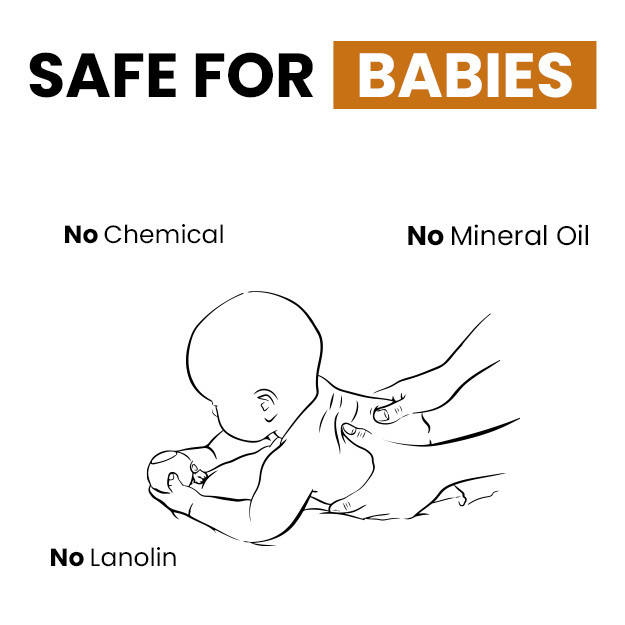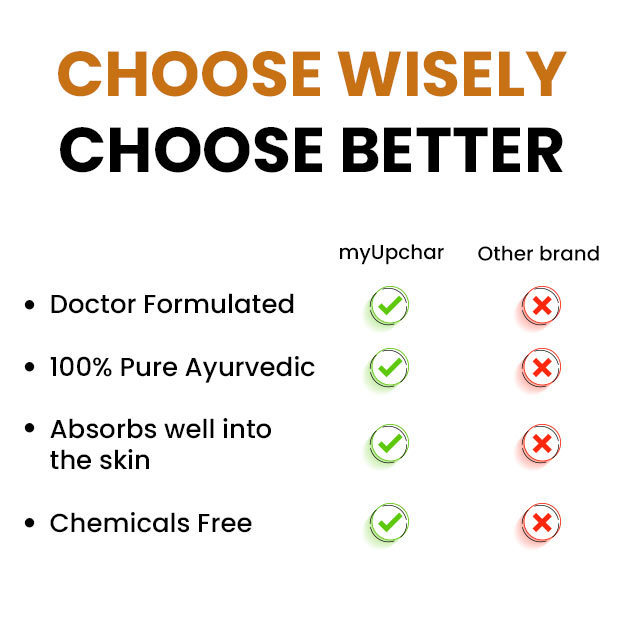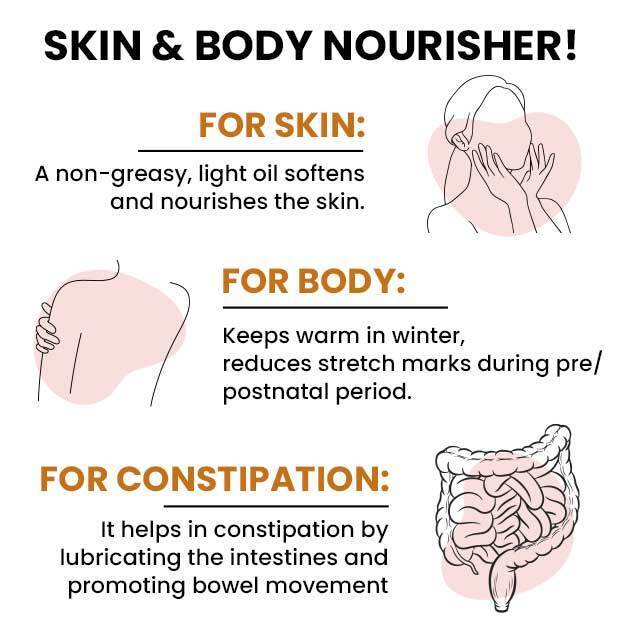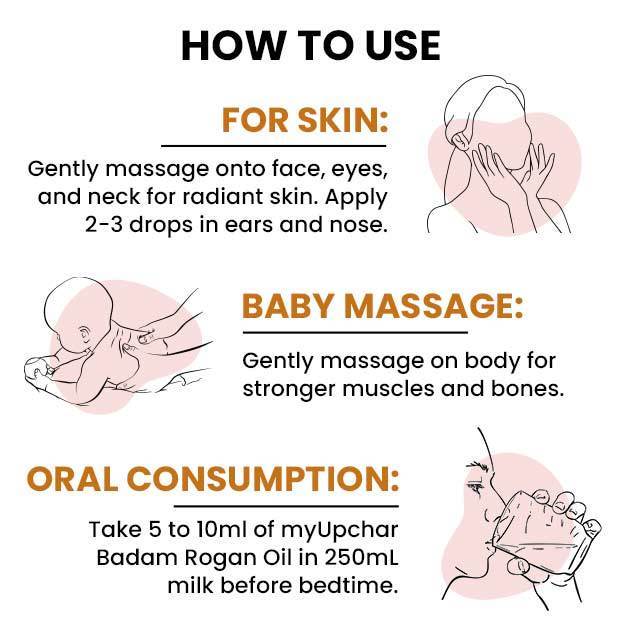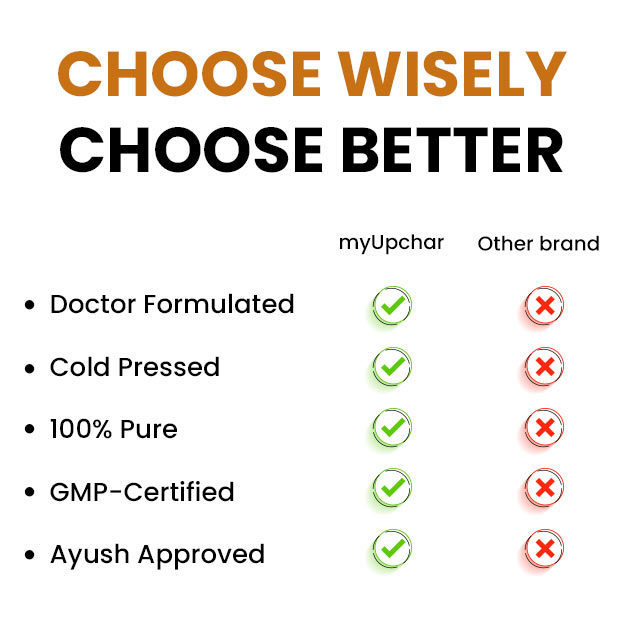You must be excited (as well as exhausted) after the birth of your baby! As new parents, you have much to look forward to this week. Here's a snapshot of what you can expect:
- Your baby may be covered in a waxy white coating called vernix caseosa at birth. Try not to wipe this off as it provides protection and moisturisation to your baby's skin. Instead, let it get it absorbed in the baby's skin naturally.
- Your baby's poop will be sticky and tar-like in the first 24-48 hours. Don't worry, this is normal.
- Your baby will sleep for up to 18 hours a day, waking up every couple of hours for feeds.
- If this is your first baby, you will get a crash course in breastfeeding this week, too - this will get easier with time.
- Your baby will lose up to 10% of the birth weight as he or she learns to breastfeed and loses excess fluids - this is normal, but if you think the weight change is too drastic, alert your doctor to it.
This week, you and your partner will have to figure out the practicalities of where your baby sleeps (this should be in a separate crib, ideally in your room for easier breastfeeding and nappy changes at night). You will have to figure out who wakes up for nappy changes and who gives the baby a sponge bath, taking care to leave the umbilical stump dry. You will need to constantly talk to each other as baby blues is real and happens to 80% of women and even some dads!
Being prepared will help you ace this week. So read on for answers to the most frequently asked questions about babies up to one week of age.
Read more: Caring for your baby's umbilical stump





